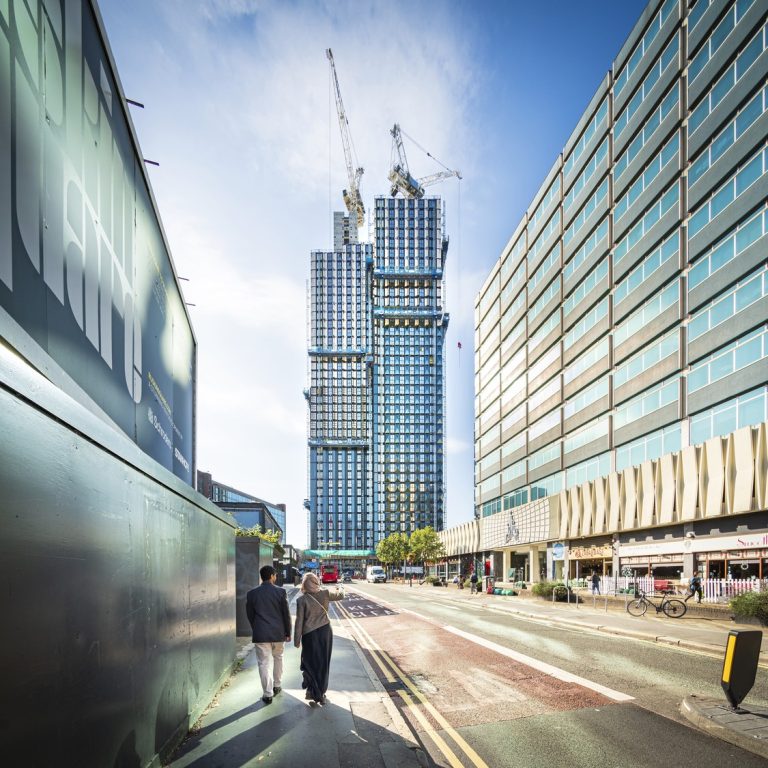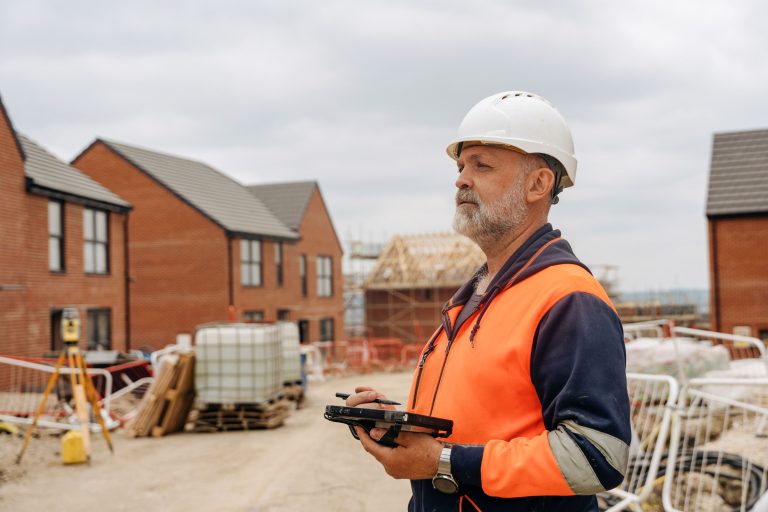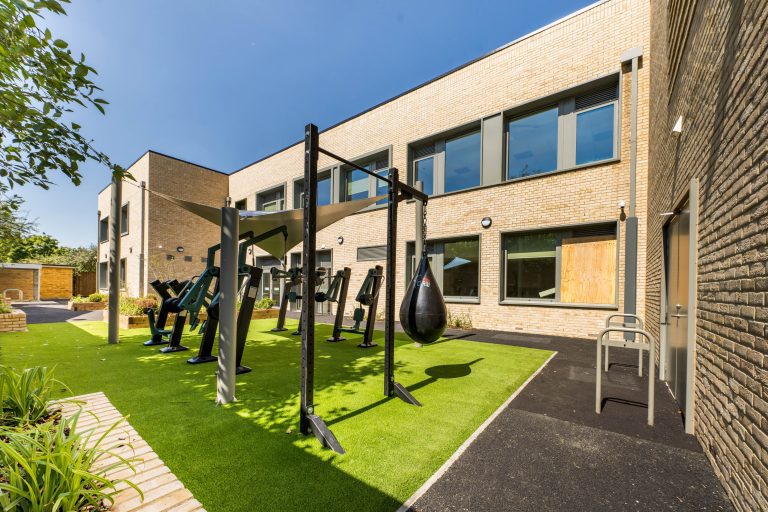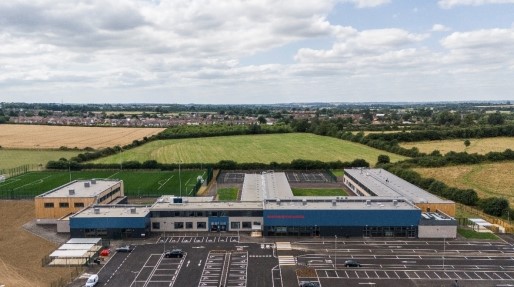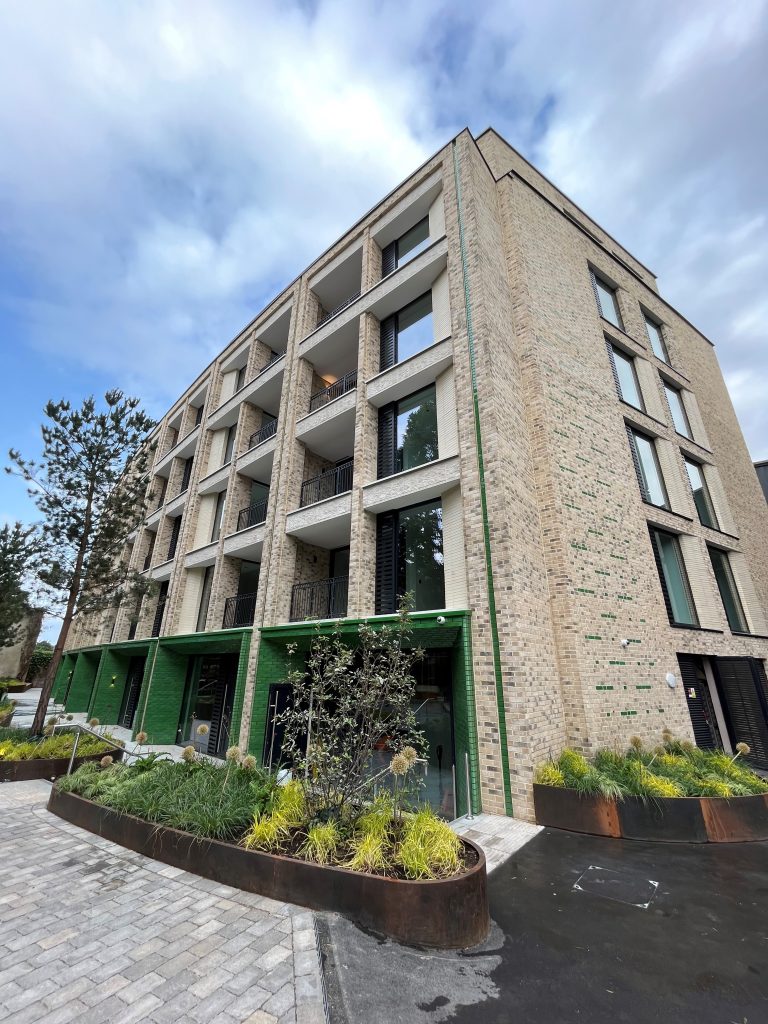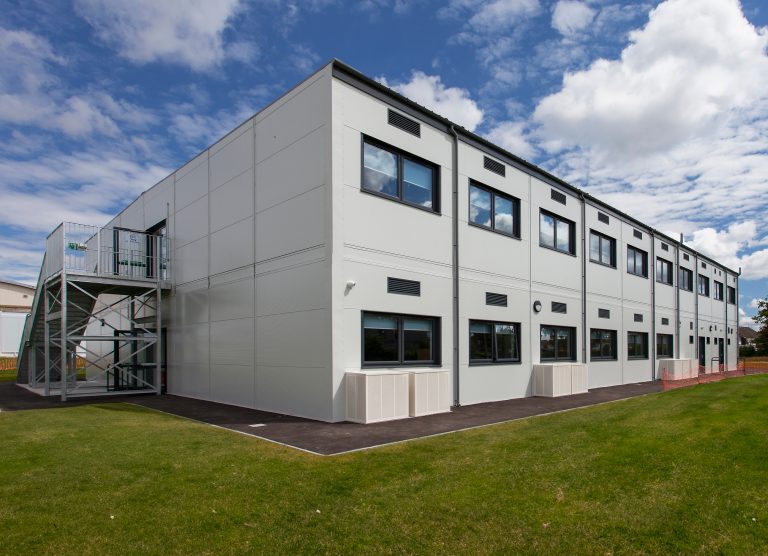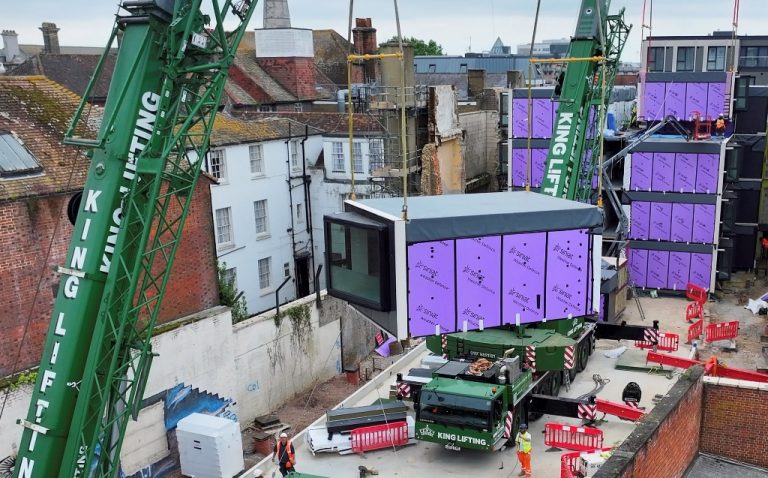20 traditional construction companies and two MMC firms have been appointed to a new build framework, where they will carry out principal contractor duties on social housing offsite projects. The Integrated Traditional Build & MMC framework has been launched by Procurement for Housing (PfH) and Building Better, the National Housing Federation-backed alliance of housing associations and councils working together to boost the use of modern methods of construction (MMC) in social housing. PfH and Building Better set up the framework following feedback from social housing organisations who said they wanted trusted local building firms to lead MMC projects and deliver traditional construction elements, where they were needed. The 22 building firms have been appointed across 37 different regions of England and Wales, ensuring that housing associations and local authorities can always work with contractors from their own communities. The £800m framework will run over four years and supports social housing providers to procure principal contractor services for a range of MMC projects, including low and medium rise housing, apartments and extra care homes. The traditional construction firms appointed are: AMMCASS Group, Bugler Developments, CG Fry & Son, Classic Builders, Elkins Construction, Ermine Construction Services, Feltham Construction, Hale Group, Hill Holdings, J. Harper & Sons (Leominster), Keon Homes, Langstone Construction, LIFE Build Solutions, MY Construction Group, Seddon Construction, SMD, Snowdon Homes, Wates Residential, Whitfield & Brown and Wiggett Construction. The MMC firms appointed are: Agile Property and Homes, and Enevate Homes. Tony Woods, Technical Manager – Construction & Sustainability for PfH said: “Over recent years we’ve seen MMC companies focusing more on manufacturing their systems rather than providing a turnkey service. It makes sense to bring in traditional builders with a strong reputation in a local area to manage these MMC projects and deliver any traditional build elements, too. We’ve also appointed two MMC firms that provide excellent turnkey services. All 22 firms are experienced lead contractors, and often have a relationship with social housing providers already. This framework provides councils and housing associations with a compliant route to procuring principal contractor services for MMC sites.” Jamie Watkins, Operations Manager at Elkins Construction, said: “We are delighted to be accepted onto this new framework, giving registered providers access to our services, where we can offer newbuild residential solutions using either traditional or Modern Methods of Construction. Over the last few years, we have seen increased requirements from our clients for net zero homes and this has meant the need to use more innovation in our construction practices. By using MMC or hybrid construction we can cut down time on site, reducing disruption to the communities we work in, improve quality through offsite manufacturing and reduce our carbon footprint, whilst providing our clients with highly energy efficient homes for their residents.” Antony Rees, Group Managing Director, J. Harper & Sons (Leominster) said: “Harpers are thrilled to have been appointed to the Procurement for Housing Framework. We are excited to deliver cost-effective, sustainable, and high-quality developments that meet the evolving needs of social housing organisations. With decades of industry experience, we have refined our expertise and look forward to continuing to deliver projects of the highest standard that meet the diverse needs of our communities.” Lewis Tolputt, Business Development Manager at Classic Builders, said: “Classic Builders is excited to be awarded a place on the new PfH framework. As a traditional contractor founded over 20 years ago, we are continually looking at ways we can innovate and offer our customers increased choice. The use of MMC products is just one of the ways we’re able to stay ahead of our competition. From delivering multi-award winning Passivhaus Plus schemes to pioneering zero carbon LETI compliant projects, by utilising MMC technology we’re able to build a better and more efficient tomorrow, today.” For further information about the Integrated Traditional Build & MMC framework, visit: https://procurementforhousing.co.uk/frameworksa-z/ Building, Design & Construction Magazine | The Choice of Industry Professionals
